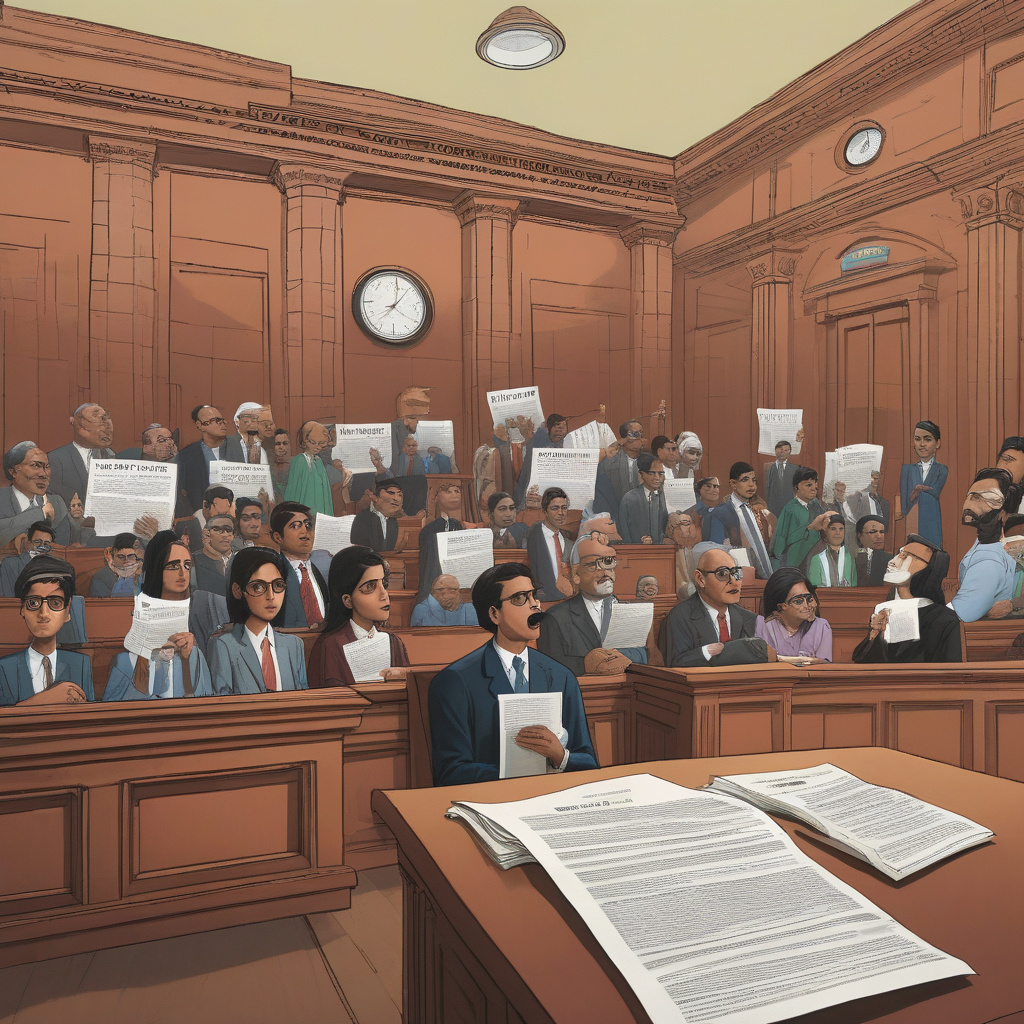X Challenges India’s Expanded Social Media Censorship in Court
Elon Musk’s groundbreaking social media platform, X, has found itself at the center of a legal showdown with the Indian government. The cause? The platform’s refusal to comply with heightened internet censorship regulations implemented under Prime Minister Narendra Modi’s administration.
The clash between X and the Indian authorities underscores a broader global debate surrounding freedom of expression in the digital age. With social media playing an increasingly pivotal role in shaping public discourse, governments worldwide are grappling with how to regulate online content without infringing upon citizens’ rights.
India, home to one of the world’s largest and most diverse online populations, has been particularly proactive in rolling out measures to control the flow of information on the internet. Prime Minister Modi’s government has cited concerns over fake news, hate speech, and national security threats as justification for tightening regulations on social media platforms operating within the country.
However, X’s decision to challenge these regulations in court marks a significant moment in the ongoing battle between tech giants and government authorities. By taking a stand against what it perceives as unjust censorship, X is not only defending its own interests but also advocating for the broader principles of free speech and digital freedom.
At the heart of the matter lies the question of where to draw the line between legitimate regulation and overreach. While no one disputes the need to combat misinformation and safeguard public safety, critics argue that excessive censorship can stifle dissent, limit democratic discourse, and undermine the very essence of the internet as a platform for open exchange.
Moreover, the case of X versus the Indian government raises concerns about the potential for tech companies to wield unchecked power in shaping online narratives. As social media platforms increasingly function as the primary channels for information dissemination, their policies and practices have far-reaching implications for society at large.
In this context, X’s decision to challenge India’s expanded social media censorship is not just about one platform’s defiance of regulatory measures but about the broader implications for digital rights and democratic values. By pushing back against what it views as unjust restrictions, X is setting a precedent for other tech companies to reevaluate their own roles in upholding freedom of expression online.
The outcome of this legal battle will not only shape the future of X in India but also have ripple effects on how social media platforms navigate regulatory challenges worldwide. As governments seek to assert greater control over the digital realm, tech companies face a critical juncture in balancing compliance with censorship laws and upholding the principles of a free and open internet.
In the end, the conflict between X and the Indian government underscores the complexities of regulating social media in an increasingly interconnected world. As the legal proceedings unfold, the case will serve as a litmus test for the delicate balance between security concerns, freedom of expression, and the power dynamics between tech giants and state authorities in the digital age.
#X, #SocialMediaCensorship, #India, #ElonMusk, #DigitalRights
